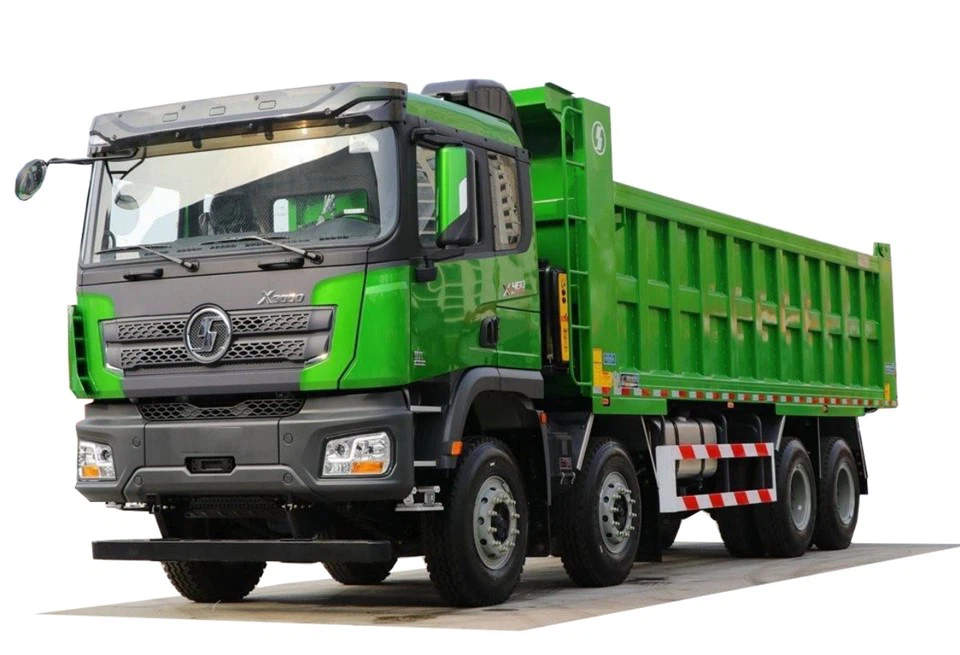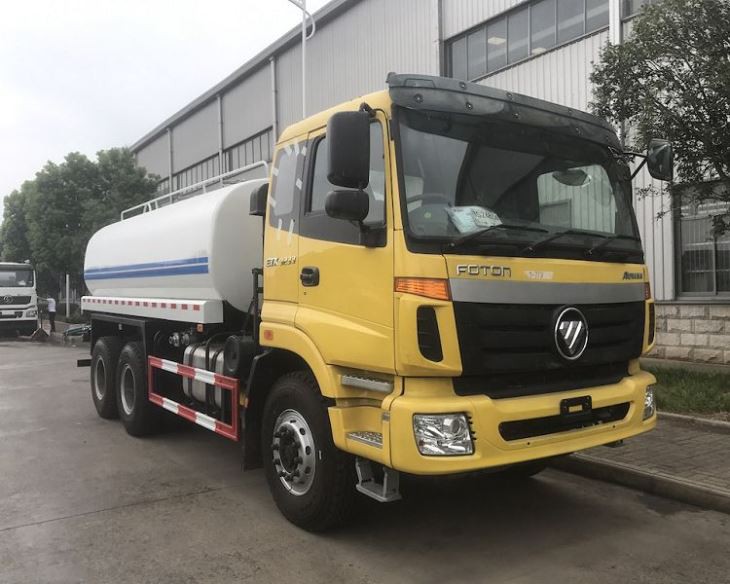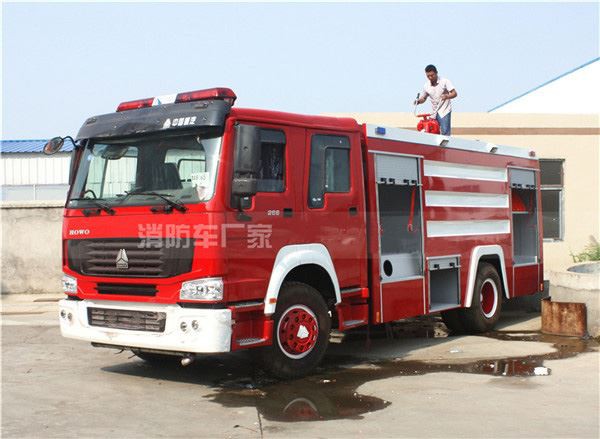In the fast-paced world of logistics, food transport, and mobile businesses, maintaining the freshness and quality of perishable goods is vital. A truck refrigerator box serves as an essential tool for truck drivers, retailers, and food service professionals who need to transport temperature-sensitive items efficiently over long distances. This article explores all aspects of truck refrigerator boxes, covering everything from selection tips to maintenance practices, making it the go-to resource for both new and seasoned operators.
What is a Truck Refrigerator Box?
A truck refrigerator box, commonly known as a refrigerated truck or reefer, is a vehicle equipped with a refrigeration unit to keep perishable items at required temperatures. These trucks can vary in size and functionality and are widely used in food distribution, pharmaceuticals, and other industries reliant on temperature control.
Types of Truck Refrigerator Boxes
1. Small Refrigerated Vans
Small refrigerated vans are ideal for local deliveries and can easily navigate city traffic. They typically have a lower weight capacity, making them perfect for smaller loads such as flower deliveries or catering services.
2. Medium Refrigerated Trucks
Medium refrigerated trucks offer more space and are suitable for transporting food products over short to medium distances. They often come with additional features like dual-zone temperature control.
3. Large Refrigerated Trailers
These are massive units and are generally used for hauling large quantities of perishables across long distances. They are ideal for companies that need to transport bulk shipments of dairy, meat, or produce.
Key Features of Truck Refrigerator Boxes
1. Insulation
Proper insulation is critical for maintaining internal temperature. The quality of insulation determines how effectively the cold air is retained and how much energy is needed to operate the refrigeration unit.
2. Refrigeration Unit
The refrigeration system typically includes a compressor, condenser, and evaporator that work together to lower the internal temperature. It’s important to choose a reliable and energy-efficient system.
3. Temperature Control
Many modern truck refrigerator boxes come equipped with advanced temperature control systems that allow you to set and monitor the temperature accurately, ensuring that goods are kept at optimal conditions.
Choosing the Right Truck Refrigerator Box
1. Purpose and Load Capacity
Assess your specific needs before investing in a refrigerated truck. Consider the types of products you will be transporting and the volume you need to carry. A reefer for seafood transport may differ significantly from one used for flowers.
2. Maintenance and Durability
Choose a truck made from durable materials that can withstand the rigors of transportation. Regularly scheduled maintenance is key to avoiding breakdowns, so ensure that parts are readily available.
3. Fuel Efficiency
Optimize your operational costs by selecting trucks with high fuel efficiency. This factor influences both your capital expenditure and ongoing operational expenses.
Installation and Operation Tips
1. Proper Loading Techniques
Load your refrigerated truck correctly to avoid hot spots where certain areas receive less airflow. Place heavier items on the bottom and distribute weight evenly throughout.
2. Temperature Checks
Always check the temperatures before loading and periodically throughout your journey. Maintain records for compliance and accountability, especially for food deliveries.
3. Understand Regulatory Requirements
Familiarize yourself with local laws regarding the transportation of perishable goods. Collaborate with local health departments, as failing to meet regulations can result in fines.
4. Energy Management
Use energy-efficient practices by limiting door openings and maintaining optimal temperatures. This practice not only saves energy but also prolongs the lifespan of your refrigeration unit.
Common Problems and Solutions
1. Temperature Fluctuations
Regular temperature fluctuations can impact product quality. Ensure that the refrigeration unit is functioning correctly and check for any airflow obstructions.
2. Equipment Breakdown
In the event of a breakdown, have a contingency plan that includes emergency contacts for repairs. Continuous maintenance can help mitigate this risk.
3. Driver Accountability
Implement a system to ensure drivers monitor temperatures and document any irregularities during transit. This accountability can help prevent spoilage and ensure quality deliveries.
Best Practices for Maintenance of Truck Refrigerator Boxes
1. Regular Cleanings
Clean the interior and exterior of the truck regularly to prevent cross-contamination. Bacteria can thrive in cooler environments if not regularly sanitized.
2. Schedule Professional Inspections
Engage in routine professional inspections of the refrigeration system. This practice will help identify potential issues before they escalate into costly repairs.
3. Monitor the Refrigeration Unit
Keep an eye on external temperatures and ensure the unit operates within recommended settings. Regularly check for ice buildup, which may indicate problems with the system.
Cost Considerations When Purchasing a Truck Refrigerator Box
1. Initial Investment
The cost of a refrigerated truck can vary significantly based on size, features, and brand. Evaluate your budget to strike a balance between quality and affordability.
2. Running Costs
Understand the costs associated with fuel, maintenance, and repairs. Investing in high-quality refrigeration can lead to savings in the long run through lower energy consumption.
3. Insurance and Compliance Costs
Account for additional insurance and legal compliance costs when budgeting for a refrigerated truck. Proper insurance can save your business from financial loss in case of damaged goods.
Trends in Truck Refrigerator Box Technology
1. IoT Integration
The Internet of Things (IoT) allows fleet managers to monitor cargo conditions in real-time. This technology improves the visibility of shipments and helps prevent spoilage.
2. Green Refrigeration Technologies
With the rise in environmental consciousness, manufacturers are increasingly focusing on eco-friendly refrigerants and energy-efficient designs that reduce carbon footprints.
3. Electric Refrigeration Units
Electric-powered refrigeration units are gaining popularity due to their efficiency and reduced emissions compared to traditional diesel-powered units.
FAQs About Truck Refrigerator Boxes
1. How do I choose the right truck refrigerator box for my needs?
Evaluate your load capacity, the type of goods you’re transporting, and consider the size and layout necessary for your operations.
2. What is the average cost of a truck refrigerator box?
The cost varies based on size and features, generally ranging from $20,000 to $100,000 for new units. Used options may be available for lower prices.
3. Do I need a special license to drive a refrigerated truck?
While a standard commercial driver’s license may suffice, additional endorsements may be required based on weight and type of goods transported. Check local regulations for specifics.
4. How often should I maintain my refrigerator box?
Regular maintenance should be scheduled every 6 months or based on mileage. Frequent checks of temperature settings and overall performance are vital for efficiency.
5. Can I modify my existing truck to install a refrigeration unit?
Yes, many companies specialize in custom installations. Consider the implications for weight and allowable load when modifying vehicles.
6. How can I extend the lifespan of my truck refrigerator box?
Regular cleaning, maintenance, and following proper operational protocols can significantly extend the lifespan of your refrigerated truck. Always address issues promptly to prevent larger problems.



